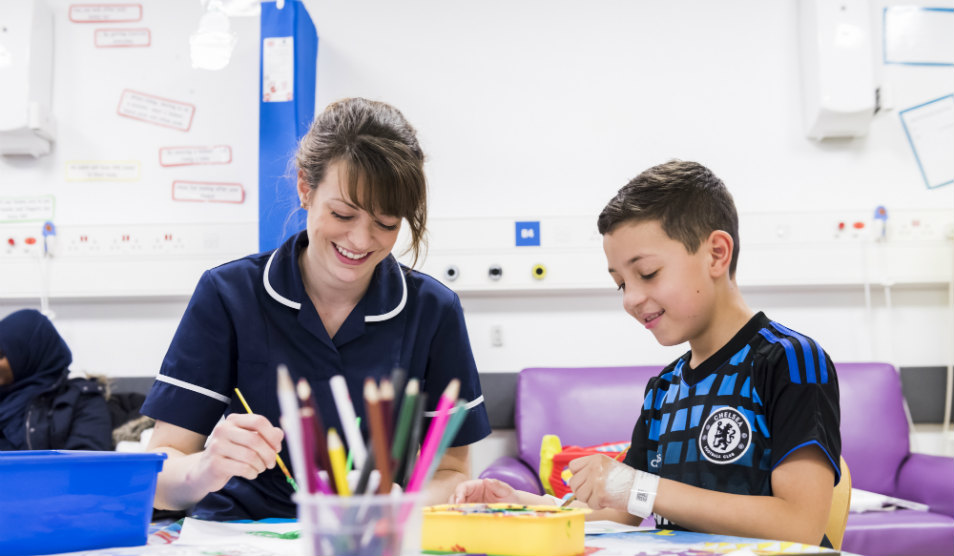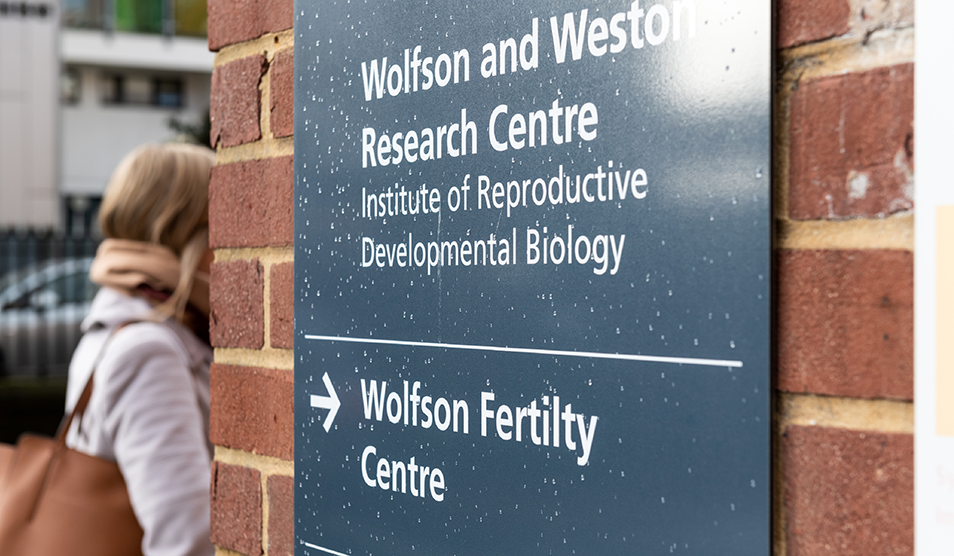Research shows changing impact of Covid-19 on cancer patients and recovery
Two new papers supported by the NIHR Imperial Biomedical Research Centre have highlighted how the impact of Covid-19 on cancer patients has changed through the pandemic.
The work, based on the OnCovid registry, looked at thousands of cancer patients receiving treatment, who also had a confirmed Covid-19 infection.
In the first analysis, led by Dr David Pinato from the Department of Surgery and Cancer at Imperial College London, researchers set out to answer the key question of whether Covid-19 mortality in patients with cancer improved during the pandemic in Europe.
They found a significant time-dependent improvement of both short and medium-term clinical outcomes for patients with Covid-19 and a cancer diagnosis.
These findings suggest that enhanced testing capacity, improved disease management (e.g. Covid-19 specific therapy), health care system response and dynamic changes in community transmission have played an important role in this positive outcome.
Speaking about the findings, Dr Pinato said: “Early studies suggested that the mortality from Covid-19 in cancer patients exceeded 30 per cent. We now know that the way we handled the pandemic in Europe has helped to reduce those numbers dramatically, leading to improved detection of cases and reduction in mortality from the onset of the pandemic well into 2021”.
The second paper, led by Dr Alessio Cortellini, also of the Department of Surgery and Cancer at Imperial College London, and a medical oncologist at Imperial College Healthcare NHS Trust, looked at the medium and long-term impact of Covid-19 in cancer patients, highlighting the prevalence of Covid-19 symptoms and their impact on oncological management and patient survival.
The study found symptoms including shortness of breath, chronic cough and fatigue affect up to 15 per cent of patients with cancer and adversely influence survival and oncological outcomes after recovery.
In addition, the study also looked at the continuity of cancer care after Covid-19 infection. They found that 15 per cent of patients permanently discontinued treatment (mainly due to clinical deterioration) and 38 per cent resumed treatment after a dose/regimen adjustment. Reassuringly, dose/regimen adjustments were not associated with worse post-Covid-19 outcomes.
Speaking about the findings, Dr Cortellini said: "Our data tells us something that was expected: the worse the Covid-19, the higher the chances of experiencing medium/long term effects. However, what is entirely new is the understanding of the impact on an especially vulnerable population, like those with cancer. This informative evidence allows us to recognise that the tremendous efforts of our health care systems in ensuring dedicated immunization campaigns in frail patients, will have a beneficial effect even on the prevention of the post Covid-19 syndrome and ensuring a prompter resumption of the oncological continuity of care."
According to the researchers, the findings suggest that early recognition of Covid-19 symptoms might be an important step forward in improving post-Covid-19 continuity of care in patients with cancer.
These two Imperial studies were presented at the European Society for Medical Oncology (ESMO) Congress 2021 and are based on the pre-defined analysis of the OnCovid registry, an active European observational study that has been collecting data of oncological patients (both solid and haematological malignancies, any stages) diagnosed with SARS-CoV-2 infection since March 2020.
The OnCovid registry was data locked in March 2021, with 35 European institutions across 6 countries (UK, Italy, Spain, France, Geramy and Belgium) entering 2795 patients diagnosed with Covid-19 between February 2020 and February 2021.
In the future, the OnCovid team plan to collect similar data from after the advent of the Covid-19 vaccines, which will allow them to estimate the likely positive effects of the ongoing immunization campaign in patients with cancer.
Dr Pinato, Study Chief Investigator concludes: “OnCovid is an invaluable live resource that has led to important practice-informing findings in the management of COVID-19 and cancer. As the disease evolves we need to continue capturing data to adapt to the new challenges imposed by this unresolved pandemic threat”.



